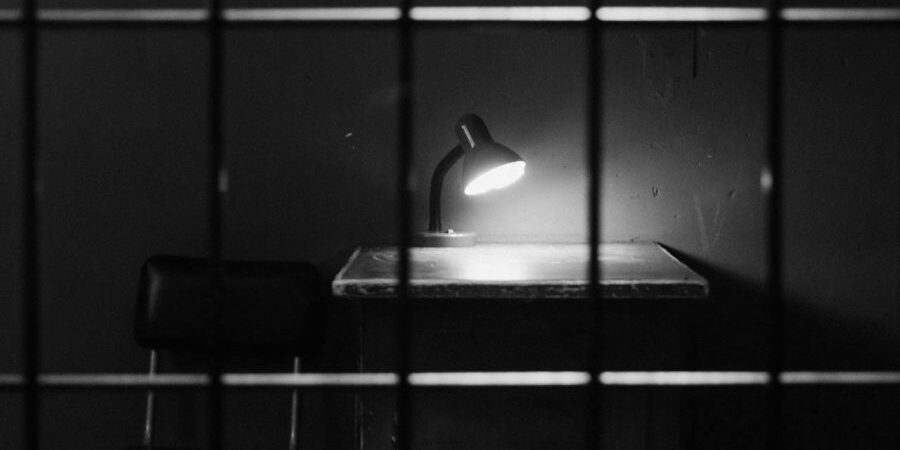- Various types of assault charges can be laid under the Criminal Code - February 25, 2025
- You have the right to self-defence in Canada, within limits - January 6, 2025
- Every Canadian has rights during a police interrogation - November 27, 2024
By LegalMatters Staff • If police suspect you have committed a crime you could be formally questioned. Your liberty and freedom could be at stake depending on how you conduct yourself during this questioning.
Thankfully, you have rights during any police interrogation that must be respected.
“Section 10 of the Canadian Charter of Rights and Freedoms states that ‘Everyone has the right on arrest or detention … to retain and instruct counsel without delay and to be informed of that right,” says Calgary criminal lawyer Vince Semenuk. “As the Supreme Court of Canada stated in a seminal case in 2010, the purpose of the right to counsel is to ensure that the ‘detainee’s decision to cooperate with the investigation or decline to do so is free and informed.’”
He says police cannot start an interrogation until you have been informed of your right to speak to legal counsel and given an opportunity to do so.
“It is crucial that you remain silent while waiting to speak to your lawyer,” says Semenuk. “If police want to start the questions, remain respectful and decline to answer until you are given legal counsel.”
While Canadians have a right to speak to a lawyer before the interrogation, legal counsel will not be at your side during the questioning itself, he explains.
“This can lead to anxiety, as police interrogations can be stressful since they can last for hours as investigators use a variety of techniques to obtain information,” says Semenuk. “The best advice I can give clients is to remain silent. You do not have to answer the questions you are asked, other than to confirm your name and address.”
He says Canadians also have the right to remain silent during the interrogation.
“You do not need to answer questions during the interrogation,” says Semenuk. “That is because people are presumed innocent until proven guilty. The entire burden of proving beyond a reasonable doubt that you are guilty lies with the Crown.”

